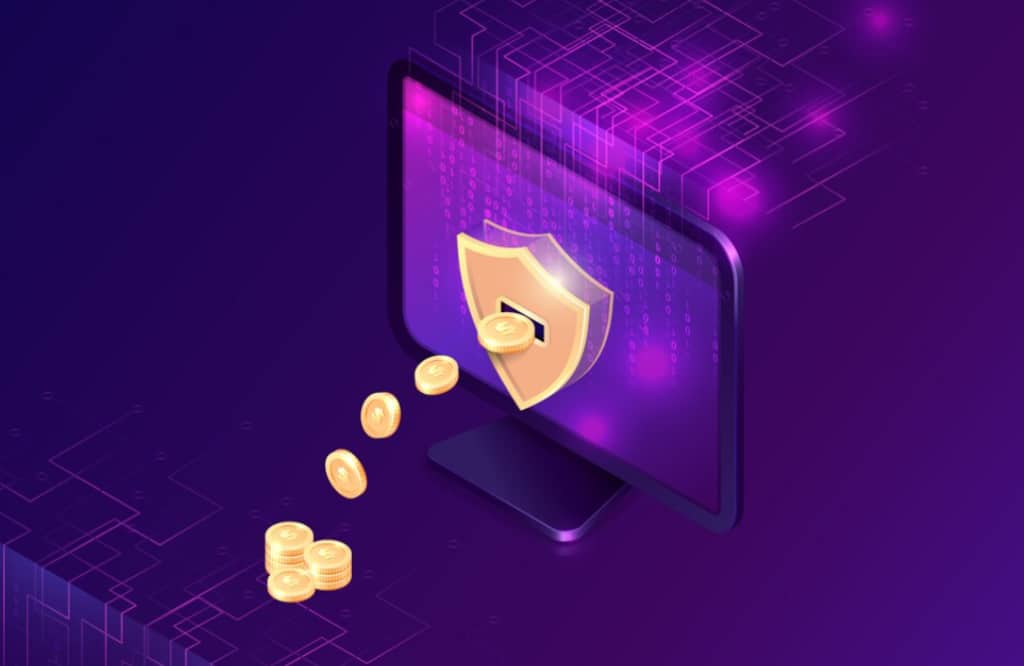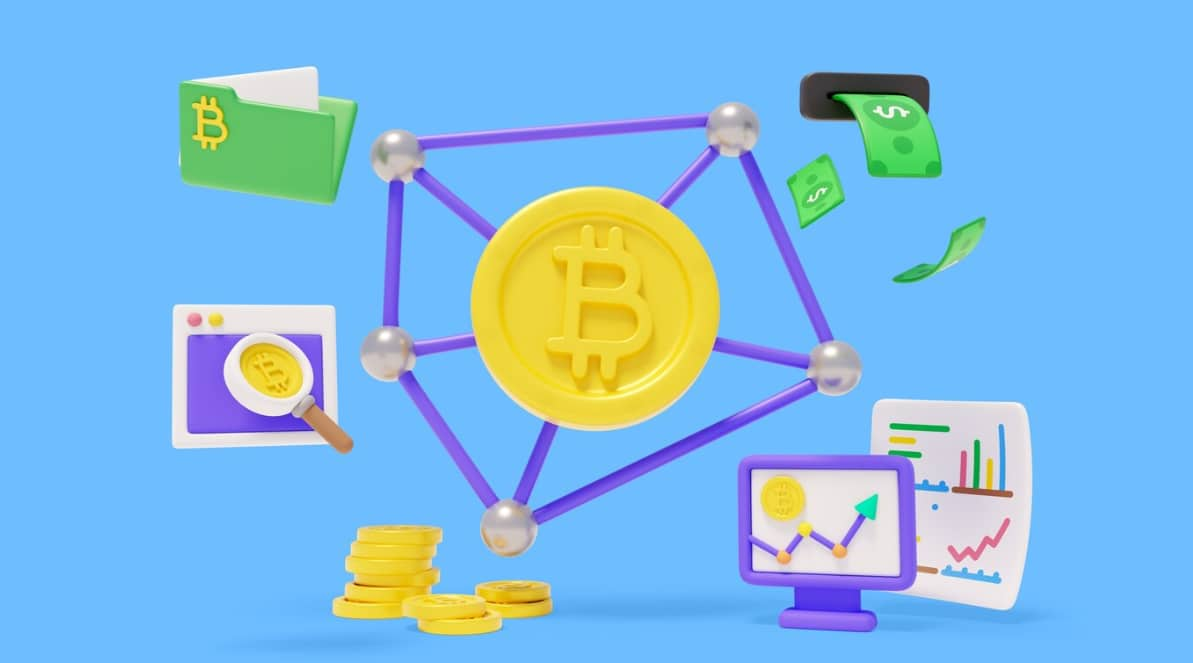Ensuring the Safety of Posthumous Digital Assets
Life after death poses a significant mystery, but one universal principle remains constant: our worldly riches cannot accompany us to the grave.
Usually, individuals prefer to bequeath their assets to family, friends, or favored charities. The transference of these assets, given meticulous estate planning, is generally a straightforward task. Traditional assets, such as money in bank accounts or real estate properties, can easily be inherited by the next generation.
However, the case with digital assets is considerably more complex. The loss or forgetfulness of a single password can keep your inheritors locked out indefinitely or, worse, forever. In extreme cases, digital assets might vanish completely if your loved ones are unaware of their existence. To ensure the safe transition of your digital assets to the next generation, it is crucial to currently establish a solid plan.
In the following sections, we will explore what digital assets entail, what occurs to them post-death, and how to devise a strategy to extend their value beyond your lifetime.
Defining Digital Assets
In its most inclusive understanding, digital assets equate to any value representation detached from a physical object. This value can be invested in virtual items, tokens, or accounts exchangeable for value.
Cryptocurrencies like Bitcoin or Ethereum are prominent examples of digital assets. These digital currencies exist solely online, without any ties to any governing body or national currency. Their ownership is tracked and stored in the blockchain, a distributed database recording transactions. Non-fungible tokens (NFTs), another kind of digital asset, also utilize the blockchain for recording.
While cryptocurrencies and NFTs currently are the most popular digital assets, other varieties exist, such as:
- Websites and domain names;
- E-commerce stores;
- SaaS platforms;
- PayPal balance;
- Revenue-generating social media accounts;
- Digital files;
- Subscriptions;
- Apps;
- Credit card points.
The digital asset market experienced a significant boom in recent years. As of 2021, the global market was valued at nearly $2 billion, with an anticipated compound annual growth rate (CAGR) of approximately 60% over the next half-decade.

According to Deloitte’s 2021 Blockchain Survey, digital assets and blockchain technologies are deemed as strategic priorities by global financial services leaders. Even President Biden signed an executive order for responsible digital asset development.
The value of digital assets continues to soar, and people worldwide are hopping on the trend. But are they taking the necessary steps to secure these assets for future generations?
The Fate of Digital Assets After Death
The procedure for transferring traditional assets like real estate, money in bank accounts, and family antiques is well-established, especially when a will or trust is in place.
After an individual’s demise, their wealth goes through a probate process. This process inventories and distributes assets, debts, and possessions as per the deceased’s will or, in absence of a will, as per the law. The executor of the estate, usually a family member named in the will, oversees the probate process.
For digital assets, the procedure, in theory, is the same.
The challenge with digital assets lies in their identification and location. Your family may be unaware of their existence or worth, especially in the absence of a consolidated record.
Additionally, digital assets have password protection. Without the appropriate login credentials, these investments may become inaccessible.
Access loss to your online accounts or financial portals, such as PayPal, can have significant repercussions if you run an online business or e-commerce website. Your inheritors wouldn’t be able to settle salaries or fulfill customer orders without access.
Digital assets can be easily overlooked in the estate planning process due to their intangible nature. However, ignoring these assets in your estate planning means losing control over their future and putting an added burden on your loved ones during an already challenging time.
Legislation Impacting Digital Assets
Digital assets often face legislative delays, but some laws dictate how digital assets can be accessed posthumously.
The Revised Uniform Fiduciary Access to Digital Assets Act (RUFADAA), a US law passed in 2015, governs online account access after the account holder dies or becomes incapacitated. RUFADAA authorizes the executor of a will or trustee to manage digital assets like websites, domain names, and virtual currency while preserving the deceased’s privacy. It also limits access to personal communications like emails, text messages, and social media accounts, unless the will has explicitly granted permission.
Formulating an Estate Plan for Digital Assets
Enabling your loved ones to access your digital assets after your demise is crucial to ensure they can benefit from your investments. You need to establish essential practical and legal protections for this purpose.
Practical Estate Planning
- Firstly, you need to know what you own, where it is, and the access details;
- Compile and organize this information using tools like a spreadsheet or a wealth management platform;
- Store this information securely and include access instructions in your will, so your future estate administrator can locate it easily;
- Finally, regularly update this information.
For security reasons, avoid storing your password information with the rest of your account details. Instead, use a password manager such as 1Password or create a separate document with login details for all your digital accounts and store it separately and securely. For instance, 1Password recommends preparing an “emergency kit” and storing it in a safe deposit box. Include this master list in your will.
Legal Estate Planning
Once you have compiled and located your digital assets and know their worth, prepare a will.
According to a 2021 Gallup poll, only 46% of Americans have a will. In the absence of a will, the deceased’s assets can be stuck in probate for months or even years, particularly if there are disputes among beneficiaries or if assets are challenging to locate.
You can create a will yourself using available online tools if your estate planning is simple. However, if your situation is complex or if you fear making a mistake that might negatively impact your beneficiaries, consider getting professional advice from an estate planning attorney. The National Association of Estate Planners & Councils can guide you on this.
A professional estate planner can assist in drafting your will, creating a trust fund if required, and selecting an executor for your assets. You can also appoint a separate digital executor to manage your digital property.
Wealth Management Software’s Role in Digital Asset Protection
Spreadsheets are useful for managing digital assets, but they have limitations: they can be lost, stolen, or require manual updating to remain useful.
If you have a diverse investment portfolio, a spreadsheet might not suffice. You need a digital vault that automatically updates information, providing a centralized platform to store, track, and access all assets.
Selecting an Executor for Your Digital Assets
Identifying an executor for your digital assets is an essential step, often overlooked. This executor will have the authority to manage your digital estate and ensure a smooth transition of these assets to the rightful inheritors.
To enhance efficiency and security, consider appointing a digital executor different from your traditional estate executor. Ensure you communicate your choice and necessary actions to your chosen executor and include their role in your will.

The Consequences of Ignoring Digital Asset Planning
Neglecting digital asset planning can lead to significant complications. These assets can potentially be lost in the digital ether, causing substantial financial losses to your estate. Moreover, your grieving loved ones may face additional stress and legal battles to claim these forgotten assets.
To prevent such scenarios, create an explicit and comprehensive digital asset plan, and include it in your overall estate planning process.
The Importance of Updating Estate Plans
It’s crucial to remember that estate planning is not a one-time task. As your life undergoes changes, and as digital technologies evolve, make sure to revisit your estate plans regularly.
Ensure your digital asset inventory is updated, passwords are current, and your chosen executor(s) are aware of their role and responsibilities.
Conclusion
In today’s digital age, securing our digital assets is as vital as safeguarding our physical wealth. As digital assets continue to grow in significance, it’s essential to incorporate them into our estate planning. From knowing what your digital assets are, understanding their worth, determining their access details, to appointing an executor, all steps are critical in securing your digital assets for your loved ones after your demise. By ignoring this aspect of estate planning, you risk losing control over these assets, causing unnecessary stress and financial loss for your loved ones. With the right strategy in place, your digital legacy can live on, benefitting those you leave behind.




















+ There are no comments
Add yours